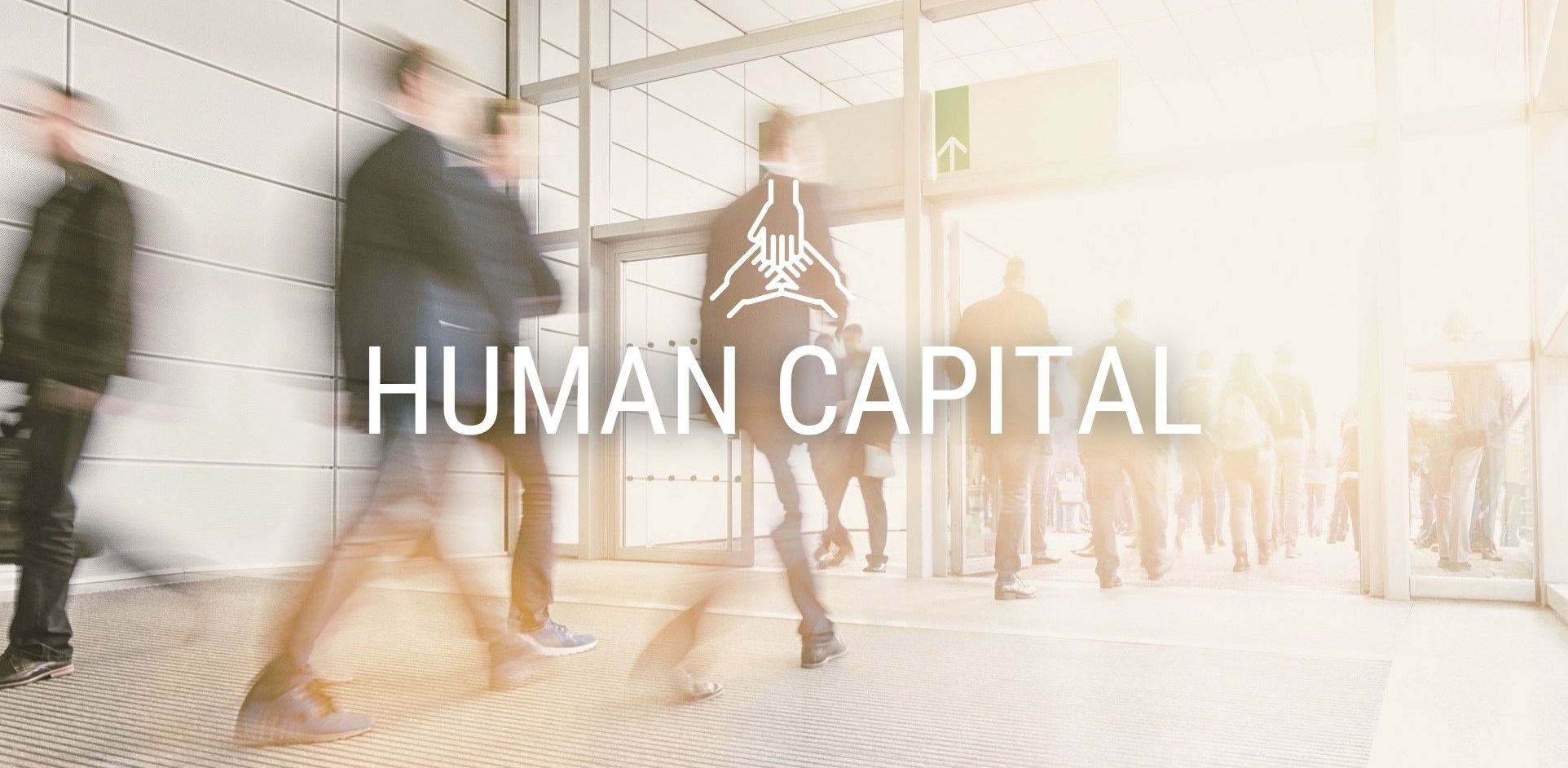
Effective and supportive labor market regulations, and a well-educated and capable workforce is crucial for the expansion of businesses and for building a globally competitive national economy.
LABOR AND EMPLOYMENT
In Hungary, the primary challenge for investments and businesses to grow is the availability of a skilled workforce. Employment rate grew significantly in Hungary over the last decade, rising from 55% to 70% in 2019 in the 15-64 demographic, according to Eurostat data. More than half of this growth came from manufacturing, construction and real estate. As the number of private sector jobs rose, the number in the public sector fell. The shift created a more efficient labor market, as wages and productivity are typically higher in the private sector. The COVID-19 pandemic has reversed this trend, at least temporarily.
While the unemployment rate is comparatively low, and the employment rate has also substantially increased, certain measures could further contribute to widening the Hungarian labor market supply, as Hungary still has a significant labor reserve. Looking at activity rates, which compares the total labor force to the total population, Hungary harbors a labor reserve of about 200,000 people . This group needs to be reskilled and have flexible and atypical employment options, especially in light of the new remote work possibilities, all accelerated by COVID-19. In addition, Hungary has a very low overall part-time employment rate compared to other EU countries and is even lagging behind the V4.
At AmCham, we advocate for more flexible and up-to-date regulatory environment, enabling the introduction of incentives for atypical work, such as remote work, part-time or collaborative work, job-sharing, employee sharing or school co-operative employment.
We also consider mental and physical health a pillar of a competitive workforce.
LIFE-LONG LEARNING
A competitive workforce in today’s ever-changing environment is based on life-long learning and adaptability. In the fast pace of today’s knowledge economy, organizations also see life-long learning as a core component in employee development.
EDUCATION
Education is an essential requirement to building national competitiveness. This is particularly true for a middle-income country like Hungary, no longer seeking to compete based on low wages, rather based on innovative, higher value-added products and services. For this transition to take place, the availability of skilled human capital is viewed by most corporations as a crucial consideration in locating a business to any country. We believe that the education system needs to adapt to the challenges of the new economy.
OPEN CORPORATE CULTURE
We believe that in order to have a healthy society that provides equal opportunities, there needs to be a multi-stakeholder effort to promote and enable social responsibility, a high degree of business ethics, equality, diversity and inclusion in the workplace and in society at large.
We are proud that AmCham’s member companies operate in an open, inclusive corporate culture, integrating global best practices of these values.
For more information about our priorities within these areas, please read our Policy Agenda 2021-2025.